Cleanroom News, FDA
Supplement Mislabeling – More Bang for your Buck or A Clear and Present Danger to Health?
Traditionally, New Years resolutions are more subjective and personal commitments. We dedicate ourselves to losing the ten pounds that crept on over the holidays, quitting junk food, taking up running, or finally kicking nicotine to the curb. In short, they’re health-related commitments that improve our lives in tangible, measurable, and personal ways. And improving our health means different things to different people.
Just as gym memberships spike in the early weeks of any new year, so doctor’s visits also increase. And some of these visits have to do with a sensitive topic many people find incredibly difficult to approach: male erectile dysfunction. Target of late-night TV ‘infomercials,’ men’s magazines, and health and fitness club ads everywhere, erectile dysfunction – ED – is a psychologically and emotionally crippling condition that affects up to 5% of men by the age of 40, climbing to 15% by men 70 or older.(1) But what exactly is erectile dysfunction? Put simply, for a variety of possible reasons, a restriction in blood flow may prevent an erection. Damage to blood vessels or nerves occurs for a variety of reasons whether psychological, environmental, or physical. Generalized stress, anxiety or depression may result in dysfunction; physical conditions such as kidney disease, spinal cord injury, Peyronie’s disease, or prostate cancer are also factors. And ED is also associated with hypertension (high blood pressure), heart disease, diabetes, and high cholesterol – an important observation to which we will return later. But whatever the cause of the condition, the most common physician-prescribed treatment is pharmacological in nature.
With a rising number of patients self-reporting symptoms of ED, the market for drug-based treatments is booming, with the US leading the world in market share. In fact, according to a press release by Nasdaq Global Newswire, current cases in the US represent a full 55% of global ED-related drug sales – a tumescent market projected to reach $3.2 within the next five years.(2) And those are just the official statistics, the proverbial tip of the iceberg. For every individual reporting dysfunction, it fair to assume that a significant number do not. Whether their reticence is based in fear of diagnosis, judgment, or embarrassment at discussing the problem with medical professionals, many men simply opt to look elsewhere than their doctor’s office for help. And in a reality of increasingly narrowing insurance coverage complicated by the possibility of potentially dangerous black market counterfeit pharmaceuticals, the question of where men can seek relief becomes critical.
Welcome to the world of over-the-counter nutritional supplements…
A casual stroll down the aisles of any supplement or vitamin retailer will almost inevitably include a tour of the ‘male enhancement’ section where shoppers can choose between an oftentimes bewildering array of vitamins, amino acids, enzymes, hormone replacement products, or herbal supplements that claim to ‘enhance men’s health and vitality.’ Along with the perhaps inevitable testosterone boosters, top sellers in one online catalog included Maca Root extract – a Peruvian relative of the more humble salad radish which is used to stimulate sexual arousal – and compounds leveraging Epimedium grandfiflorum – also known more prosaically as Horny Goat Weed – which acts as a phosphodiesterase, blocking the effects of blood flow inhibiting enzymes.(3) So if a visit with your doctor is off the cards for whatever reason, your local neighborhood vitamin shack – or favorite online retailer – has you more than covered.
But how safe – and effective – are these products? Let’s take a step back and consider that all supplements are designed to have biological effects on the body – if they did not, there would be no point in using them. And if a single supplement is being used as directed, and if that supplement is pure and contains only what is listed on the label, and if it is prepared, packaged and stored in optimal conditions, it may be relatively safe to consume. But that’s a lot of ‘ifs.’ But let’s also take into account that some consumers may take more than the recommended dose. That they may combine multiple supplements, forming a carnal cocktail of herbal preparations and hormone replacers, downed with an aphrodisiac shot of nutritional supplement on the side. And then there’s the problem of patients who decide against their doctor’s advice and substitute often less expensive supplements for medically-necessary but often budget-busting prescriptions. So, given the secrecy around this unsettling condition and the misperception that supplements don’t present the same kind of danger as pharmaceuticals, the stage is set for problems. Let’s take just one example, MegaJex…
In November of last year, MS Bionic Inc, a company based in Riverside, CA, announced a voluntary national recall of its popular and expensive MegaJex Natural Male Sex Enhancer capsules.(4) Based on a recipe from ‘Polynesia, where the men of the Mangaian Tribe have sex an average of three times a night, every night,’ MegaJex contained a host of botanical compounds to facilitate a stronger, more durable performance.(5) From Eurycoma longifolia which is said to free up ‘bound testosterone’ to boost libido to Astragalus memebranaceus for additional energy, MegaJex seemed to offer a commitment-free, as needed solution to ‘underperformance.’ The product was sold nationwide in capsule form and, containing only natural ingredients, retailed at around $145 for a bottle of just 20 capsules. With such a hefty price tag, MegaJex needed to rise to the challenge.
But what consumers did not realize was that they were getting what could be considered even more of a bang for their buck. In addition to the herbal components, the compound was also found to contain undeclared amounts of the pharmaceutical drugs tadalafil and sildenafil, the active ingredients in Cialis and Viagra respectively. But why does it matter that the presence of these controlled, prescription-only medications was omitted from the product information? Is it simply a matter of mislabeling? Would a punitive slap on the wrist suffice to ensure that MS Bionic, Inc. would later comply with federal regulations on future product packaging? Let’s look a little closer…
Gaining FDA approval in 2003, once-daily Cialis is a hugely popular prescription medication based upon the active ingredient tadalafil. Produced by Eli Lilly & Co. it had previously been used to treat the symptoms of Benign Prostatic Hypoplasia (BPH), commonly known as ‘enlarged prostate,’ as it relaxes the smooth muscle of the prostate and the bladder. However, with its use in Cialis, the drug quickly became a darling of the ED market, but also revealed a whole litany of potential side effects – physical reactions that would seem to take the fizz out of its promised enhanced arousal. Most people would agree that headaches, muscle pain, dizziness, fainting, nausea, ringing in the ears, and NAION (Non-Arteritic Anterior Ischemic Optic Neuropathy – the sudden loss of blood flow to the optic nerve resulting in permanent vision loss) scarcely set the scene for a romantic rendezvous or sensual sojourn. And Sildenafil, active agent of the now famous ‘Little Blue Pill’ Viagra (also Revatio) was just as bad. Approved by the FDA in 1998, sildenafil boasts its own laundry list of unwanted side-effects with study participants reporting irregular heart rhythms, convulsions, shortness of breath, and changes in blood pressure. In fact, the drug is contraindicated in patients with a history of liver or kidney disease, stomach ulcers, blood cell disorders, or eye conditions such as retinitis pigmentosa. Yet, according to the abovementioned press release by Nasdaq Global Newswire, tadalafil and sildenafil top the list of medications in terms of product outlook for revenue, with North America topping the list for regional outlook – in other words, despite their dangers, these two drugs are the most popular pharmaceuticals prescribed for ED within the most populous global market.(6)
And in the case of both drugs, the side-effects listed above are not the only problems.
Remember we said earlier that erectile dysfunction can be related to hypertension, heart disease, and diabetes? The most commonly prescribed treatment for these conditions is the use of nitrates such as nitroglycerin, isosorbide mononitrate, or isosorbide dinitrate. As vasodilators, these treatments work by relaxing blood vessels in the heart to allow for an easier blood flow through the widened channels. And in the venous system they promote increased perfusion throughout the rest of the body, with the decreased volume of blood returning to the heart effectively reducing its overall workload. Given that overtaxing a heart already crippled by blocked arteries is not an ideal scenario, the vital importance of allowing nitrates to act at their optimal capacity cannot be overstated.
However, when used in conjunction with nitrate-based medications, both sildenafil and tadalafil can result in a precipitous lowering of blood pressure – also known as hypotension – and arrhythmia (irregular heart rhythms).(7) Clinical hypotension is a count of 90/60 nmHg or less, where the normal count is the familiar 120/80 nmHg, and untreated it can lead to shock – a life-threatening condition. Similarly, arrhythmia – a heartbeat that’s too fast, too slow or too irregular – can cause a reduced blood flow to the brain or other organs and lead to chest pain, lack of consciousness, or death. And if a patient is not aware that they have consumed medications such as tadalafil or sildenafil alongside their prescribed nitrates, they will not even know that they are at risk.
The potential for severe injury or loss of life from undeclared ingredients should have given the manufacturers of these male enhancement products pause for thought. However, despite the recall, MS Bionic, Inc. continues undeterred, actively promoting its other products as all natural. According to the exhibitor listing for the upcoming 2017 Natural Products Expo West, a tradeshow in Anaheim, California, MS Bionic Inc. will be exhibiting alongside such well-known alternatives as Bob’s Red Mill, Earth Balance, and WhiteWave Foods – companies predicated upon the assumption of earth-friendly, natural practices and products.(8) Yet even with its perhaps tarnished image, MS Bionic, Inc. continues its penetration into a market where dishonest product labeling and FDA product recall is not uncommon.
In an article published by Consumer Health Digest, author Carlo Adrian Cañon lists no fewer than six products in addition to MegaJex that contained active pharmaceutical drugs, most of them in the sildenafil family.(9) Some of the products listed the drugs on their ingredient panel, but failed to make clear that users were consuming medications, not just ‘all natural herbals.’ In each case, the FDA issued a recall and in the case of two of the products – Lui Ban Li and Dick’s Hard Up (we promise we did not make that one up!) – purchasers have been advised not only to discontinue their use of the products but also to submit an official complaint through a dedicated FDA website.(10)
So what does this all mean for the supplement industry?
In broader terms, it looks like companies are going to be scrutinized more closely and held increasingly more accountable for the ingredients that find their way into products. Let’s not overlook the role of the FDA in this: nutritional and dietary supplements are regulated by the FDA’s Center for Food Safety and Applied Nutrition, established in 1984. And per the Dietary Supplement Health and Education Act (DSHEA) of 1994, supplements fall under the same scrutiny as food products. DSHEA ‘establishes specific labeling requirements, provides a regulatory framework, and authorizes the FDA to establish current Good Manufacturing Practices (GMP) regulations for dietary supplements’ and this is significant on several levels.(11) Firstly, it is inevitable that the more labeling abuses come to light, the more closely the FDA is going to be assessing the entire supplement industry. According to Thompson Coburn LLP, writer for Lexology, a research platform for legal professionals, the time when dietary supplement manufacturers were given a pass is rapidly coming to a close.(12) Coburn recommends, at minimum, that manufacturers conduct a thorough product review (in terms both of ingredient labeling and of performance claims) and that their established GMPs be updated to include a quarterly review of regulatory compliance plans, specifically ‘written procedures and verification of the suitability of ingredients.’(13)
All of which looks well and good. When a product fails, we trust the FDA will catch it, a recall will be issued, and the problem will be rectified. We also trust that manufacturers will abide by the use of GRAS ingredients, adopt exemplary contamination control measures, and maintain superlative GMPs. And, as we’ve stated in many prior articles, in an ideal world that would indeed be the case. But we do not live in that utopia. Our reality is one where up to 15% of men will be afflicted by an embarrassing and socially stigmatizing condition by the age of 70. And these men, particularly those on the lower end of the age spectrum, will risk their lives in a Faustian pact. In their desperation to regain sexual performance – something which naturally ebbs and flows with age but which is sorely overly valued in our contemporary society – they will put their physical safety on the line, trusting that the supplements available in the local health product store are safe and harmless. And this is not the case. One a single day last year – 12/22/16 – the FDA issued public notifications for no fewer than14 tainted sexual enhancement products, all of which posed a danger to consumers.
But, by its own admission, the FDA cannot keep up:
“FDA cannot test all products on the market that contain potentially harmful hidden ingredients. Enforcement actions and consumer advisories for tainted products only cover a small fraction of the tainted over-the-counter products on the market.”(14)
Which means that the burden of responsibility falls upon the manufacturer. But when companies like MS Bionic Inc., 3 Hard Nights, Full Throttle On Demand, or the prosaic Dick’s Hard Up mislabel their products by omitting active pharmacological components they demonstrate that their drive for market share and corporate profit outweighs any concerns they should have for public health and safety. And that should concern us all.
We appreciate that this is a sensitive subject but it is one that may put in jeopardy the lives of our husbands, lovers, brothers, fathers, or sons. Please take a moment to let us know your thoughts.
References:
- http://www.uwhealth.org/urology/erectile-dysfunction-ed/20537
- https://globenewswire.com/news-release/2015/11/23/789503/0/en/Erectile-Dysfunction-Drugs-Market-Size-Will-Be-Worth-3-2-Billion-By-2022-Grand-View-Research-Inc.html
- http://www.gnc.com/Sexual-Health/Mens-Health-Vitality/family.jsp?categoryId=18158616&cp=89853736.45671176
- https://awarerx.pharmacy/news/2016/12/all-lots-of-megajex-natural-male-sex-enhancer-dietary-supplement-voluntarily-recalled-by-ms-bionic-inc
- http://www.bestenhancementreviews.com/megajex/ – We note that no mention as made of complementary products for the partners of these men…
- https://globenewswire.com/news-release/2015/11/23/789503/0/en/Erectile-Dysfunction-Drugs-Market-Size-Will-Be-Worth-3-2-Billion-By-2022-Grand-View-Research-Inc.html
- https://www.heartandstroke.ca/heart/treatments/medications/nitroglycerin
- http://www.expowest.com/ew17/Public/Enter.aspx
- https://www.consumerhealthdigest.com/male-sexual-health/list-of-fda-recall-male-enhancement-supplements.html
- http://www.fda.gov/Safety/Recalls/ucm531176.htm
- http://www.fda.gov/AboutFDA/WhatWeDo/History/FOrgsHistory/CFSAN/ucm083863.htm
- http://www.lexology.com/library/detail.aspx?g=13c8bbb4-083b-4a0c-a9c4-6aa861458151
- ibid
- http://www.fda.gov/Drugs/ResourcesForYou/Consumers/BuyingUsingMedicineSafely/MedicationHealthFraud/ucm234539.htm




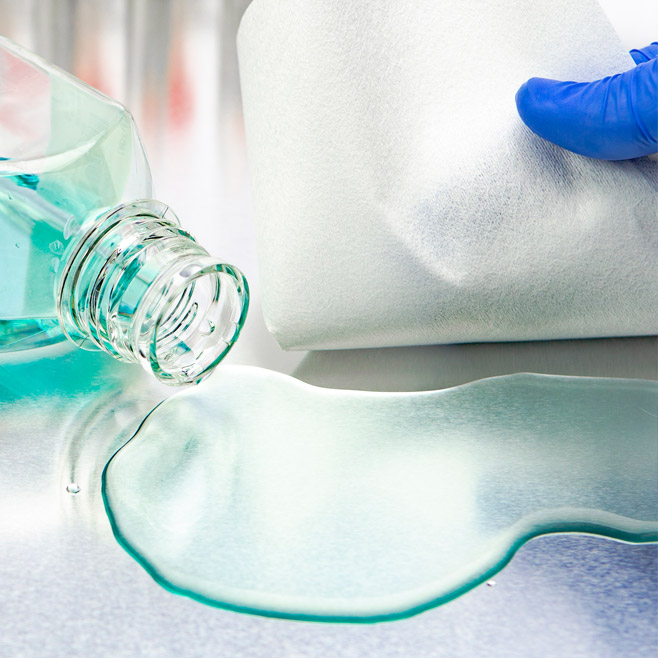
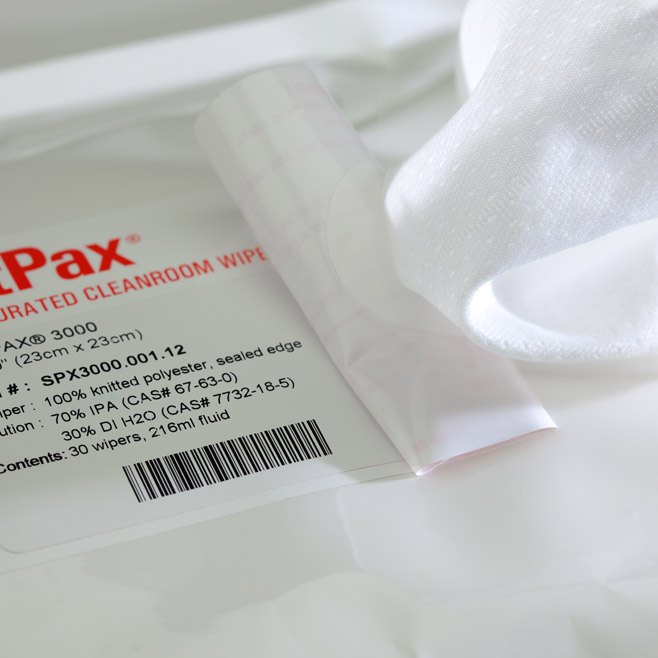
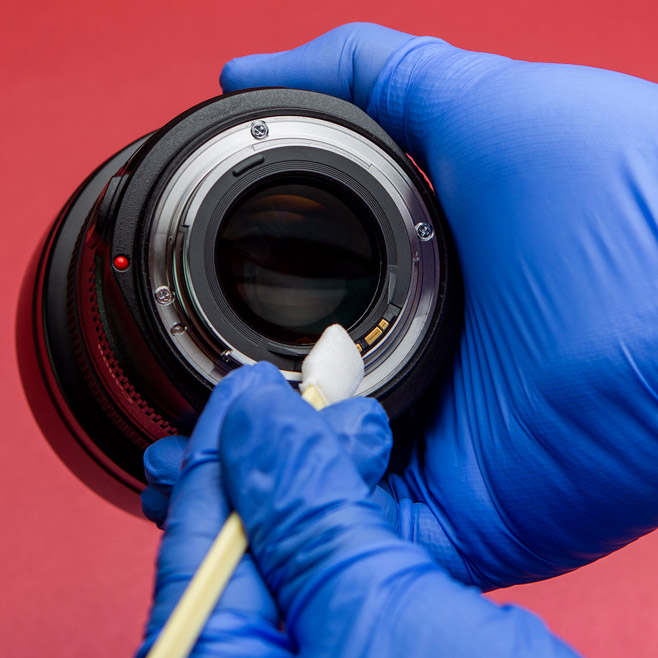






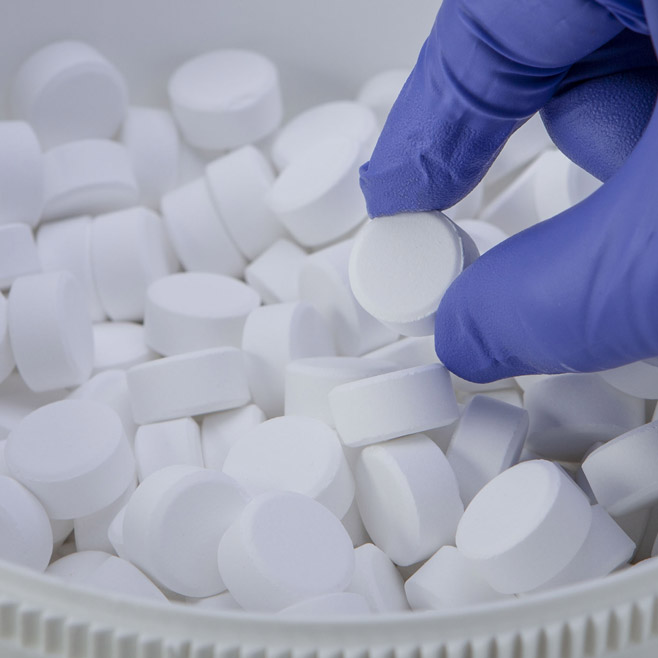

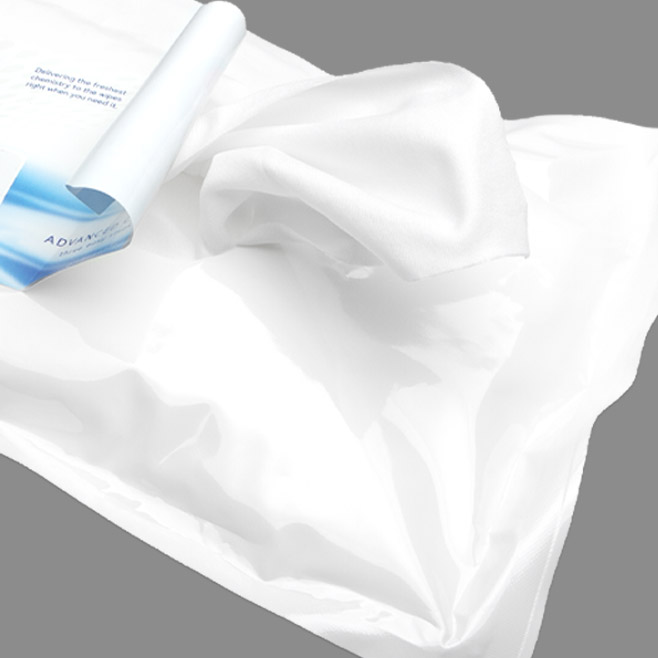






Pingback: Supplement Mislabeling – More Bang for yo...
Pingback: Suplemento de marcado erróneo - un claro y actual peligro para la salud? - Productos Para Cuartos Limpios|Berkshire Mexico
Pingback: Are Male-Enhancement Supplements Putting You at Risk? - Berkshire Singapore
Appreciate the recommendation. Will try it out.
An outstanding share! I have just forwarded this
onto a coworker who has been conducting a little homework on this.
And he actually bought me breakfast due to the fact that I discovered it for him…
lol. So allow me to reword this…. Thanks for the meal!!
But yeah, thanks for spending time to discuss this issue here on your site.
Hi! This post couldn’t be written any better! Reading this
post reminds me of my old room mate! He always kept talking about this.
I will forward this post to him. Fairly certain he will have a
good read. Thank you for sharing!